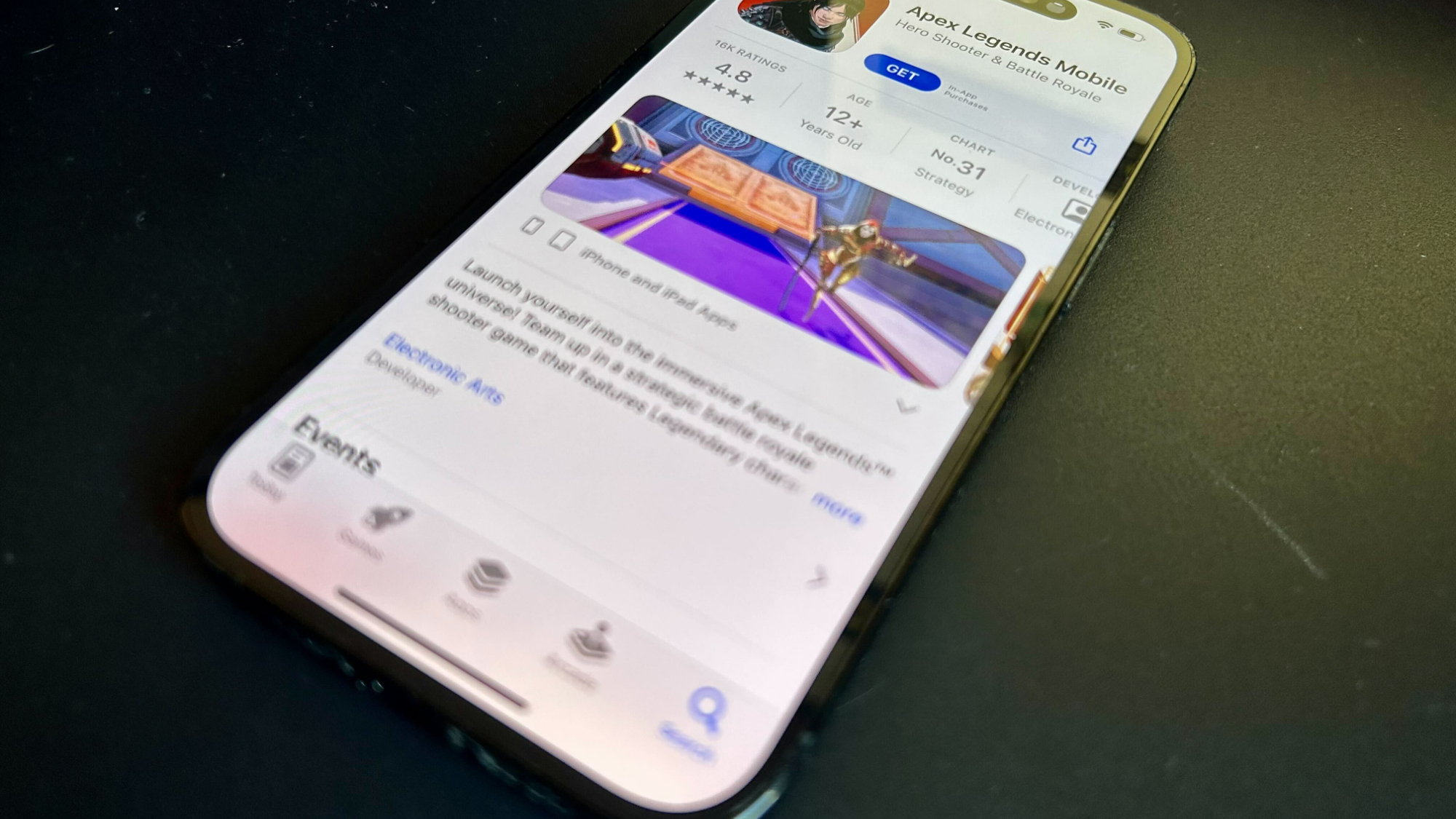Apple unveils new App Store feature that will let developers link to alternative payment methods — but it will still take 27% commission
The Epic Games App Store trial has ended, here are the results.

Following the news that the Supreme Court has refused to hear the appeal of either Apple or Epic Games in their ongoing antitrust App Store lawsuit, Apple has rolled out a brand new links feature to comply with the court’s ruling.
Epic Games mostly lost its legal battle against Apple, but a court did rule in favor of the Fortnite maker on one count. As it stands, Apple is no longer allowed to adopt any “anti-steering” measures and must let App Store developers offer their customers a link so that they can buy digital goods, services, and subscriptions somewhere other than Apple’s App Store.
New App Store guidelines state, “Developers may apply for an entitlement to provide a link in their app to a website the developer owns or maintains responsibility for in order to purchase such items,” Apple says the link “may inform users about where and how to purchase those in-app purchase items, and the fact that such items may be available for a comparatively lower price.”
Apple has included a developer support page outlining how the new system works, but there’s one glaring detail developers are furious about. As it has done previously, Apple plans to take a 27% commission on payments when these links are clicked, effectively nullifying any savings the developer might have made and possibly costing them more.
Apple’s 27% commission rate explained
The root of this new system dates back to a stark admission Apple CEO Tim Cook made on the stand during the initial Epic Games trial. When asked about the prospect of customers using alternative payment methods to pay for goods and services through Apple’s App Store, he stated, “we would have to come up with an alternate way of collecting our commission. We would then have to figure out how to track what's going on and invoice it and then chase the developers, it seems like a process that doesn't need to exist".
Apple first made a show of this following a ruling in the Netherlands regarding dating apps on the App Store the following year. It adopted an entitlement to link out to third-party in-app payment providers other than its own in-app purchase system, clearly stating, “Apple will charge a 27% commission on the price paid by the user, net of value-added taxes.”
Now, Epic Games has won a victory against Apple regarding this practice for all apps and games in the U.S., and Apple has brought the same system to the table. Apple states, “Apple’s commission will be 27% on proceeds you earn from sales (“transactions“) to the user for digital goods or services on your website after a link out (i.e., they tap “Continue” on the system disclosure sheet), provided that the sale was initiated within seven days and the digital goods or services can be used in an app.”
Master your iPhone in minutes
iMore offers spot-on advice and guidance from our team of experts, with decades of Apple device experience to lean on. Learn more with iMore!
Naturally, some developers aren’t happy about this. Outspoken HEY entrepreneur David Heinemeier Hansson blasted Apple, stating the company “is going to poison the one victory Epic secured in their lawsuit so bad nobody would ever think to use it.” He described Apple’s requirements that developers submit to reporting and audits as “insane,” and said the new tools have “been designed to be so poisonous that nobody would ever be crazy enough to use them.”
Some commenters have noted developers who adopt this system might not be any better off once they’ve paid their processing fees elsewhere. Of course, if those fees represent more than 3% of the total transaction, they’ll actually be worse off.
The implementation of this features clearly demonstrates that Apple believes 3% of a transaction represents the cost involved in processing developer transactions, leaving the remaining 27% as Apple’s flat rate of commission for providing the phone, software, and ecosystem that enables the transaction. The feature is live and available now, whether any developers go for it remains to be seen.
More from iMore

Stephen Warwick has written about Apple for five years at iMore and previously elsewhere. He covers all of iMore's latest breaking news regarding all of Apple's products and services, both hardware and software. Stephen has interviewed industry experts in a range of fields including finance, litigation, security, and more. He also specializes in curating and reviewing audio hardware and has experience beyond journalism in sound engineering, production, and design. Before becoming a writer Stephen studied Ancient History at University and also worked at Apple for more than two years. Stephen is also a host on the iMore show, a weekly podcast recorded live that discusses the latest in breaking Apple news, as well as featuring fun trivia about all things Apple. Follow him on Twitter @stephenwarwick9
